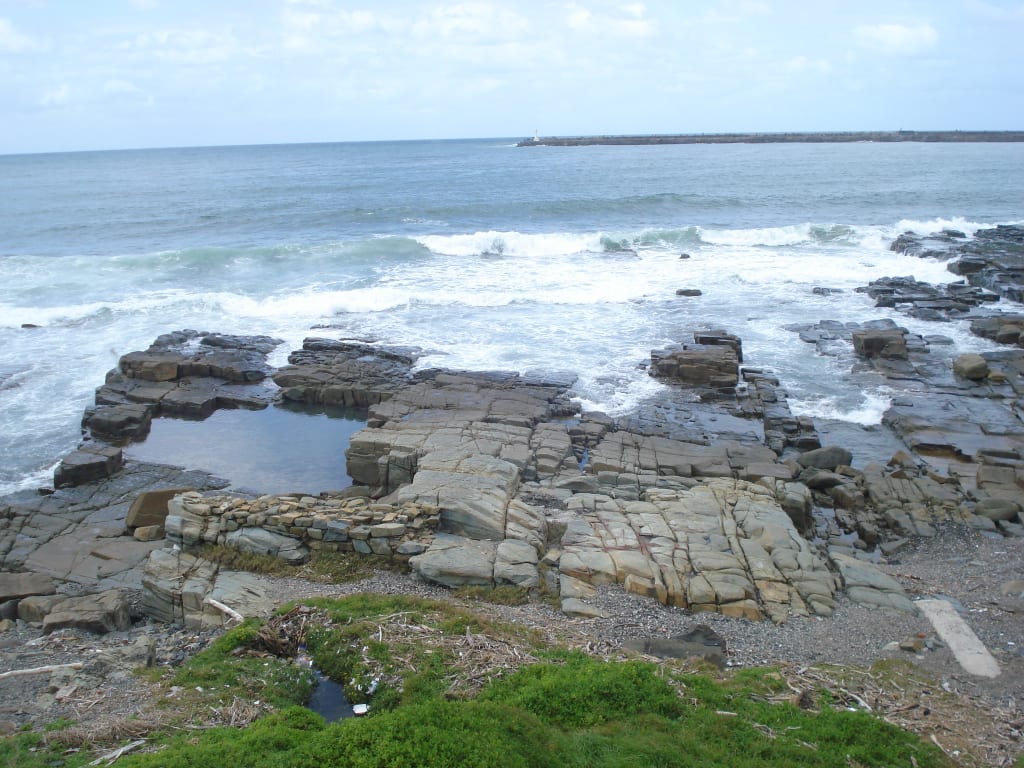
Water is arguably Earth's most valuable resource. While some resources like oil and metals generate energy and enable trade, water allows life itself to exist. Over 70% of Earth's surface is covered in water, but the vast majority is far too salty for human use. Only about 1% of the planet's water is available freshwater that humans can consume. Unfortunately, climate change and growing consumption are depleting even that small fraction at an alarming rate. As a result of this disturbing shortage, other countries have opted for expensive methods to process part of the salty water for domestic use.
Many great civilizations like the Aztecs in Mexico City and modern cities like Cape Town, South Africa have learned the hard way that water cannot be carelessly mismanaged. In 2018, Cape Town nearly became the first major city to completely run out of water on what they termed "Day Zero." Only through extreme rationing and public response did the city narrowly avoid turning off its taps. A painful challange for Cape Town facing water scarcity while floating within so much water that they cannot consume.
But these emergency measures are only temporary fixes. The United Nations estimates that by 2025, two-thirds of the world will live in water-scarce regions. That could displace 700 million people in just a few years. By 2040, global demand will outstrip usable water supplies year-round. Humans can only survive about four days without water, so shortages quickly become catastrophic.
Water scarcity can trigger food shortages, economic disruption, local conflicts, and displacement. So far, fewer than 30 violent conflicts have directly erupted over water. But that number will rise exponentially as the resource becomes more precious than oil or metals.
One other crucial matter that causes fear to some of us are escalating prices of water services and water supply experienced by communities that cannot afford them, with governments turning blind eye to this challenge, especially from third world countries. "Water is really turning to gold".
Climate change is a major culprit, causing unpredictable weather and droughts that strain water reserves. But human activities also waste and misuse limited supplies. Meat production guzzles water, with a kilogram of beef requiring 15,400 liters. As climate change makes growing crops harder in dry regions, we must reduce inefficient uses of water.
Finally, allocation of scarce freshwater sources causes tensions between users. Major rivers like the Nile, Ganges, and Colorado supply millions of people and acres of farmland. But diversions and dams often leave downriver populations literally high and dry. In the U.S., the drought-stricken Colorado River is running dry, with states squabbling over their allotted shares.
As Vice President Kamala Harris noted, future wars will be fought over water rather than oil. The U.S. has invaded oil-rich nations before, and will likely occupy water-rich regions next using "stability" as a pretense while controlling resources. Billionaires like Bill Gates are buying up land with water rights for potential profit. And Wall Street now hosts a water futures market where investors bet on scarcity while everyday people suffer consequences.
In a world of growing inequality, it seems inevitable that the elite will monopolize, monetize and militarize the life-giving resource of water. But mass suffering is not unavoidable. With global cooperation, conservation and reduced consumption, we could ensure universal access to clean, affordable water. Technology like desalination, infrastructure upgrades, and non-damaging irrigation techniques can help balance supply and demand. But only by valuing water as a human right, not a commodity, can we prevent a parched future of conflict and chaos. The choices we make today will determine whether water remains a source of life or death.





Comments (1)
Very informative! Wonderful! Good job!